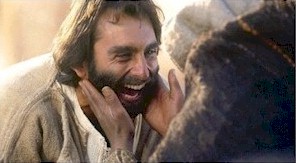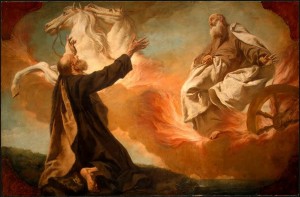 In yesterday’s Gospel reading at Mass, Jesus talks about what’s become known as the Golden Rule:
In yesterday’s Gospel reading at Mass, Jesus talks about what’s become known as the Golden Rule:
“Do to others whatever you would have them do to you.
This is the Law and the Prophets” (Matt 7:12).
Which brings to mind that silly poster put out by a so-called “Catholic” organization, which attempts to show that all religions teach something like the Golden Rule. The point seems to be that all religions are pretty much the same.
The only problem is, it’s not true.
Catholicism actually teaches that it is unique among all religions – and what is unique is not a what, but a who – Jesus Christ, who said, “I am the way, the truth, and the life, and no one comes to the Father except through me” (Jn 14:6). That’s either true or it isn’t.
But as for the Golden Rule: Jesus’ version is much different and more challenging than the version presented by other faiths. Their versions say something to the effect of, “Don’t do to others what you wouldn’t want them to do to you”. In other words, it’s a negative command.
As author Philip Yancey has noted, Jesus’ version, “Do unto others”, is far more open-ended and challenging.


 In today’s Gospel reading from Matthew 7, Jesus says this:
In today’s Gospel reading from Matthew 7, Jesus says this: